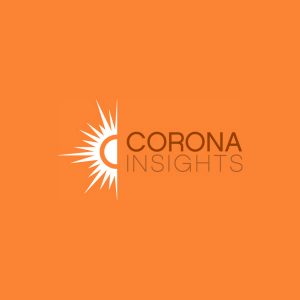Choosing the Right Research Method: Planes, False Claims and Automobiles
10/30/13 / Andrew Monroe

I recently came across an article (which shall remain anonymous) claiming that “focus groups are a thing of the past,” and that Google Trends could better serve anyone considering using a focus group for feedback. I had to laugh. The situation the author used made sense: By using Google Trends, they were able to instantly find the popularity of a product for free, rather than conducting focus groups or other research and data analytics to come to the same conclusion. However, the Google Trends advantage over a focus group is specific to that situation.
Here’s an analogical comparison for the author’s claim that “focus groups are a thing of the past,” and that Google Trends (which at times is very useful) would always be better: “Cars are a thing of the past! By using a plane, you can travel from Denver to Tokyo in 14 hours. The same trip by car would take weeks, and the damage to your car from attempting to drive through the ocean would be expensive.”
It makes sense: A plane is more practical for traveling from Denver to Tokyo than a car would be. However, as we know, a car is much more practical for a trip to the grocery store than a 747 would ever be. So, the author is right in the situation he presented; Google Trends does make more sense for finding quick data on the comparable popularity of products. However, focus groups make sense in other situations. One of Corona’s public sector clients wanted to find out how they could better serve their private sector partners during multi-month projects involving complicated paperwork, strict regulations, and high-touch interactions. By conducting a focus group, their private sector partners discussed the nitty-gritty of their business interactions and were able to identify specific solutions that were plausible for the government entity to create a more efficient working relationship. This couldn’t have happened without the open discussion forum a focus group provides.
When someone says “A focus group is never the answer,” they’re being just as near-sighted as saying “A focus group is always the answer.” At Corona, we consider ourselves “data-driven consultants.” Part of the consulting we give helps marketers make sense of the data and feedback they get, but the other part involves consulting on the front end of a research project and helping our clients choose what kind of research method they want to use to answer their most difficult questions. Focus groups and surveys are just part of what we do; we’re constantly exploring and using new modes of online qualitative feedback, data analytics and other creative data-gathering methods. All of our clients have unique business challenges, so we give tailored solutions, and research methods, to help them achieve their goals.